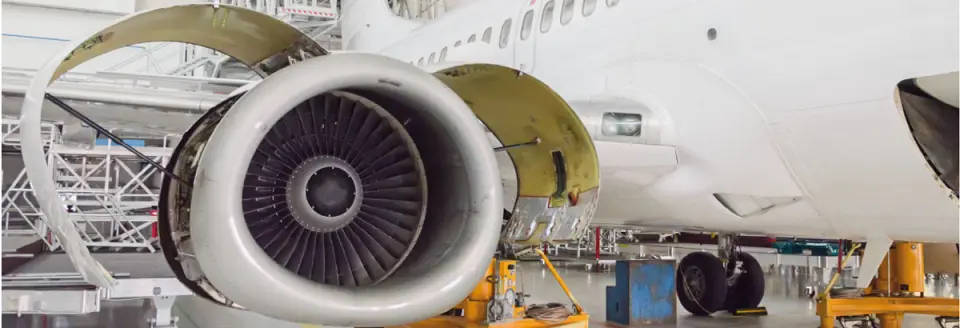KUALA LUMPUR, March 22 — Revenue from Malaysia’s aerospace sector is expected to rebound to the pre-pandemic level of RM16.2 billion in 2019, beginning 2022 onwards, provided the country manages to capture new work packages from the original equipment manufacturers (OEMs).
National Aerospace Industry Coordinating Office (Naico) head Shamsul Kamar Abu Samah said new work packages would mainly be in the manufacturing and services sector within the aerospace ecosystem.
“We anticipate the sector to rebound and reach the RM16 billion level beginning 2022. However, the recovery period will be expedited if the industry can expand its cargo, business jet, maintenance, repair and overhaul (MRO) as well as the training facilities to achieve the recorded revenue milestone,” he told reporters after the soft launch of the Selangor Aviation Show 2021 here today.
Shamsul Kamar said work packages can be distributed to local suppliers not only from the Tier One and Tier Two levels, but the ecosystem can benefit from product localisation.
“We would like to localise the production of components as much as we could,” he said.
Under the long-term project, he said, Malaysia plans to develop bio-sourced materials for aircraft within five years.
“We are looking into producing bio-sourced materials such as aircraft seats, cabin interior and equipment. This will give us the opportunity to produce the materials,” he said.
He said Malaysia’s aerospace revenue shrank between 20 and 30 per cent in 2020 from 2019’s level of RM16.2 billion, dragged by the ongoing Covid-19 pandemic.
This has halted most of the manufacturing and services activities of aerospace, while some of the workforces was laid off due to the worldwide travel restriction, causing commercial and business aircraft to be grounded.
“We are still assessing our data and hope the industry can recover quickly this year. However, there were other businesses in general aviation that grew, contributing to the increment of MRO activities and training,” he said.
For the last few months, the government had announced a number of initiatives for the aerospace sector which will be considered as an important part of the industry under the 12th Malaysia Plan.
He said the important factor is on how to manage and stabilise the industry while ensuring the affected people can stay in the business and be skilled in order to support the industry when it stabilises in one or two years from now.
Shamsul Kamar said the International Trade and Industry Ministry and Naico aspire to bring new work packages to help OEM mainly in the Tier One and Tier Two suppliers contribute in developing new aircraft such as business jet or small aircraft.
“In the long term, we want to reinforce players who are mainly involved in the manufacturing and MRO services as well as training,” he said.
Meanwhile, he said Malaysia can make use of its local talent and expertise in developing drones by expanding local companies’ capabilities, backed by research in universities and training centres.
“We want to develop the ecosystem that is not only limited to drones but to include unmanned aerial vehicles (UAVs), vertical or short take-off and landing and autonomous flying objects.
“To be able to produce our own products in the next five years — like drones or UAVs — we need to see how we can develop our local products that can be used for the local market and for export to the regional market,” he added.
— Bernama





